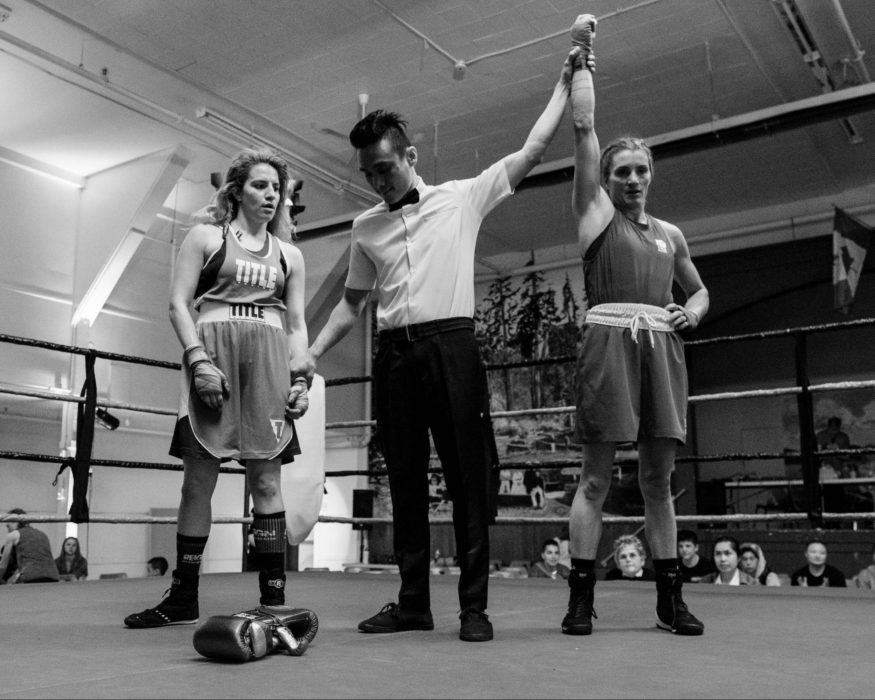
Maryguenn Vellinga-Hinz came to boxing during a dark time in her life. A former rock climber, she’d taken a bad fall and was struggling to come back from injury. Her father had just died. She had recently become a single mother. “I went to a fitness boxing gym and thought it was the hardest thing I had done. So I asked if I could dive in a little deeper,” she said. “I started training five days a week and kept at it. I was inspired, and really never looked back.”
The Salt Lake City-area resident now is the No. 3 amateur flyweight (112 pounds) in the country, and has her eye on making the 2020 U.S. Olympic team. But to do that, she needs competition, something women boxers often lack.
“It’s pretty common for all of us to not get fights at a local level,” Vellinga-Hinz said. But on the weekend of May 17, she joined women boxers from all over North America in tiny Sooke, British Columbia, for one of the few all-female boxing tournaments in North America: West Coast Wonder Women.
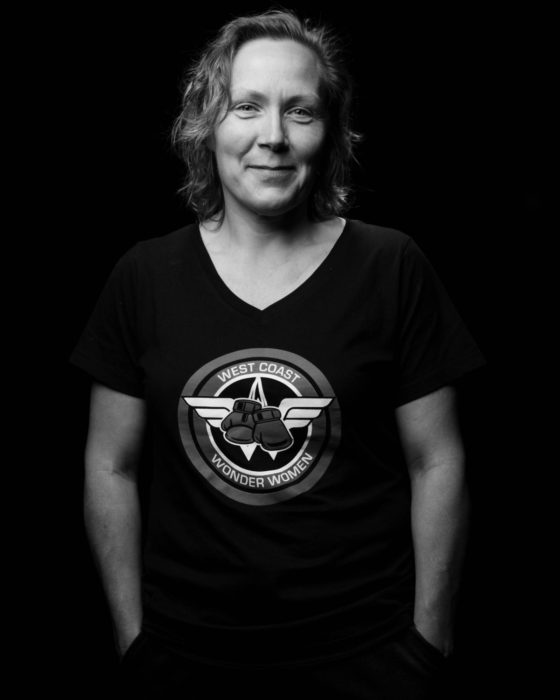
Ellen Connor founded West Coast Wonder Women in 2018. She wanted to create more opportunities for women boxers to compete because of the role the sport has played in her own life.
“I remember my very first fight, and at the end I had a black eye, bleeding nose, the whole nine yards, and it was something that I’d never experienced before in my entire life,” she said. “I felt like I had just climbed the biggest mountain, and I had just achieved the greatest achievement that I could ever achieve in my life.”
Connor, a corrections officer who previously served in the Canadian Navy, was 40 years old at the time. “I just remember coming back to the corner and my coach saying, ‘Well, what do you think?’ And I said, ‘When’s the next fight?’”
The tournament grew from 58 competitors in 2018 to 74 this year.
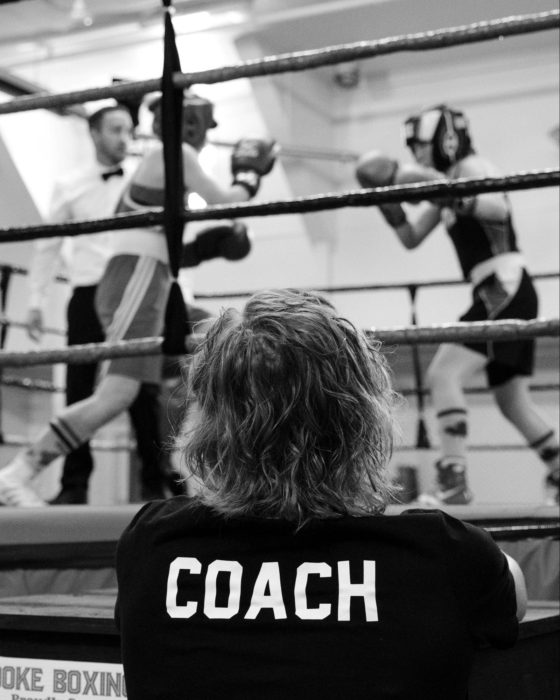
Connor runs her own boxing programs for youth and adults out of her gym, Sooke Boxing Club.
“I try and explain how my boxing experience moved me and that experience really is what drives me to create what I’ve created because it spoke to me so deeply,” she said. “How do you find something that’s going to move you, and feel so empowering, and so powerful, and [help you] be so comfortable in your own skin? That was huge for me. I want that for everybody, especially for women.”
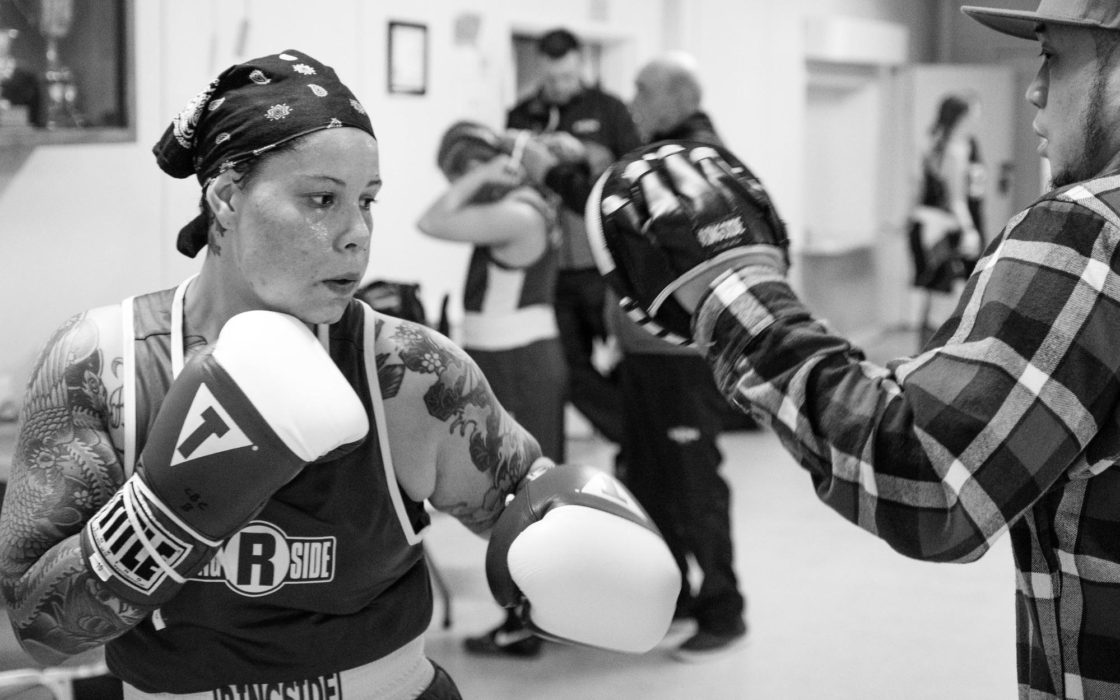
Nikkita Oliver, an activist, educator, and poet who ran for mayor of Seattle in 2017, started boxing seven years ago. She had her first competitive fights in Sooke.
The long journey was worth it, she said. “Win or lose, I triumphed. I did something my first boxing coach told me wasn’t possible. I proved to myself just how relentlessly hard I am capable of working.”
Oliver lost her first match on May 17. But after making adjustments, she was victorious in her next by a second-round technical knockout. “Boxing and life are not that much different,” Oliver said. “Being able to work hard, learn, and make adjustments are what is required both inside and outside of the ring.”
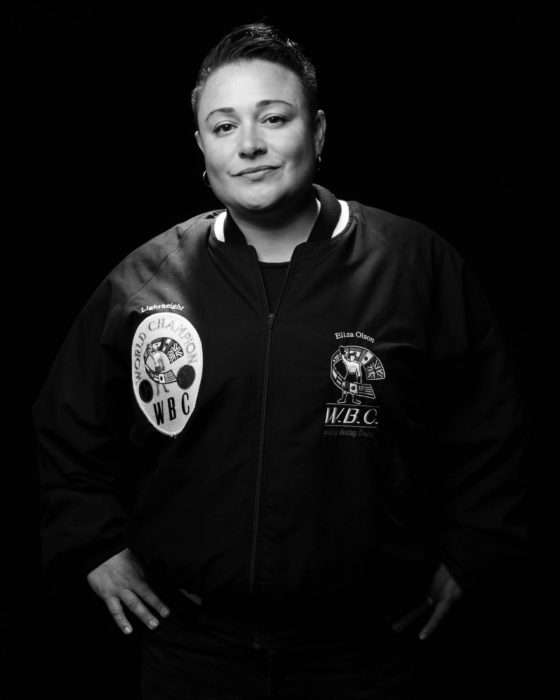
Eliza Olson grew up in a boxing family in Redwood City, California, and made her professional debut in 2000. In 2005, Olson won the International Boxing Association and World Boxing Council lightweight titles.
“I was always an athlete. I played soccer, ran track, and did a lot of different sports. What I liked about boxing is that I couldn’t blame it on anybody else,” she said. “I had to get in the ring. I was by myself, and it was all up to me to be the best that I could be.”
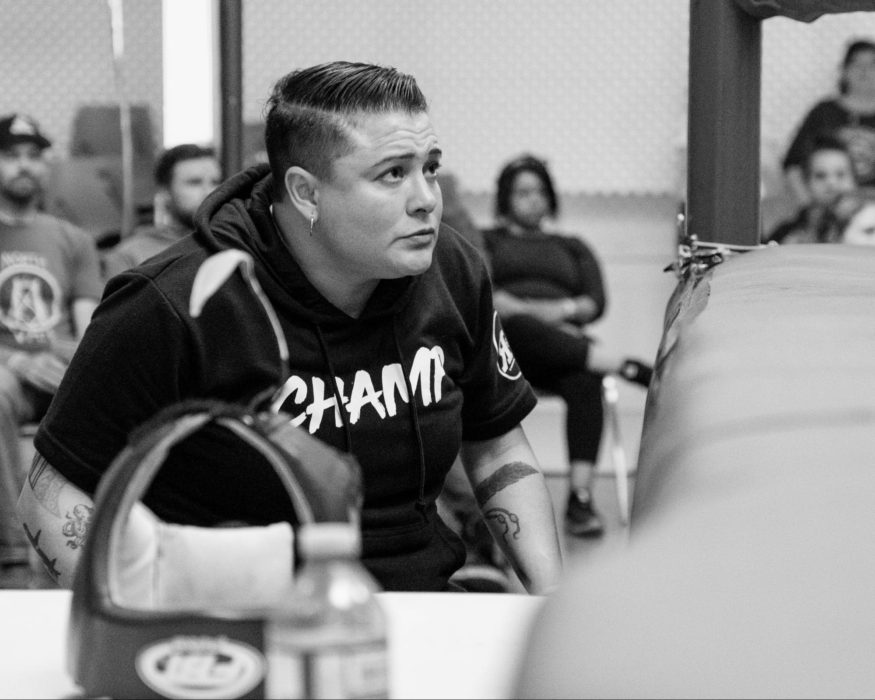
With her boxing career behind her, Olson now coaches and trains fighters in Redwood City. At WCWW, she cornered for the fighter she brought from San Francisco, as well as others from the U.S. who traveled without a coach, including Vellinga-Hinz. Her experience is extremely valuable in a sport that’s just gaining traction for women (the sport made its Olympic debut in 2012).
No matter the outcome of a fight, Olson tells her fighters to take what they can from it. “I always tell the girls: ‘Why are you going to beat yourself up when someone’s already tried to knock your block off in the ring all the time?’”
Olson said that all-female tournaments like WCWW are an important way to grow the sport. “It’s good for women to get as much exposure and time in the ring so that they can raise the level of boxing,” she said. “The bar in this sport continues to get higher and higher. I don’t care what country or where you come from — I’m here to support women’s boxing and bring us all up together as a unit.”
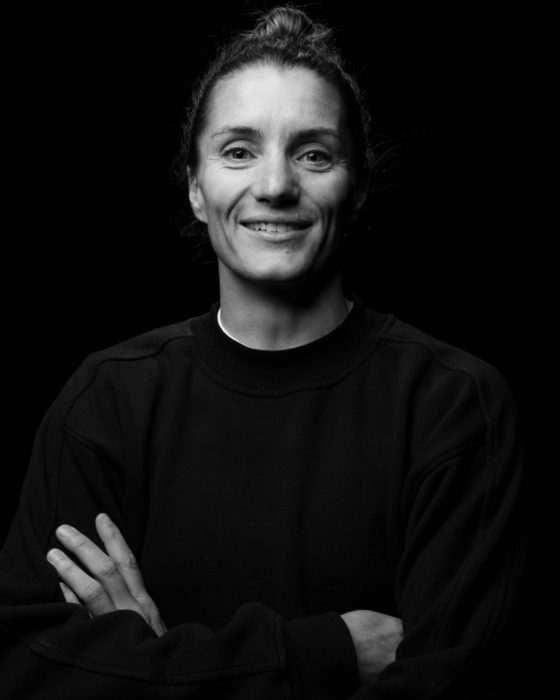
Vellinga-Hinz had a busy month. First, she reached the semifinals in her weight class at the 2019 National Golden Gloves tournament, the premier amateur boxing tournament in the country. Then, in Sooke, she was defeated by Canada’s 2018 national champion, Sara Haghighat-joo (below).
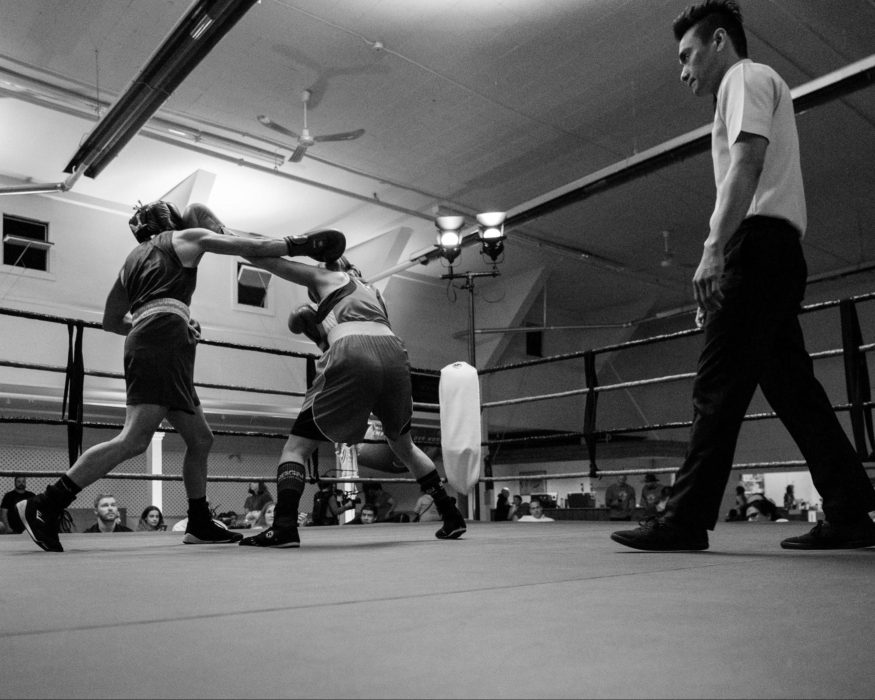
“This is, as far as I know, the largest all-female boxing card and the only multiday all-female show,” Vellinga-Hinz said. “Having the opportunity to come and be around other females and see the strength in the sport is empowering for women. I also think it shows us what we’re capable of.”
While she’s trying to make the U.S. national team and the 2020 Olympic Games, Vellinga-Hinz is also looking forward to coaching; she recently opened her own gym, RISE Boxing, in Park City, Utah.
“When Ellen asked me to come fight [in Sooke], I told her that not only did I want to fight, but that I was hoping to see what her process was.” The long-term goal? To “be a part of growing female boxing cards, and making sure that we as women are having the opportunities that we aren’t having right now.”
This story was reported in partnership with Badass Women, a profile series produced by Jeff Scott Shaw and Kristen Tollefsen highlighting the accomplishments of women.

